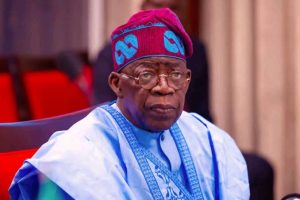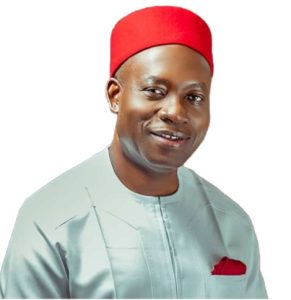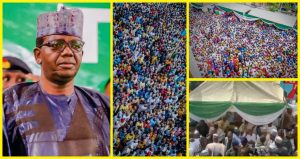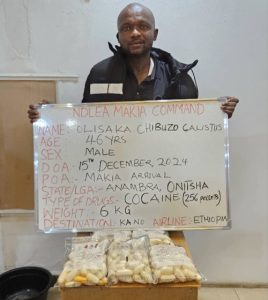The Izvestia Multimedia Information Centre’s press room hosted a roundtable discussion on the topic “Russia–Africa: Development of Infrastructure Projects”.
Taking part in the discussion were George Sebulela, Founder of the African United Business Confederation, Raja Shafiq El Ali, Deputy Chair of the Russian–Moroccan Business Council, Michael Marcos Antonio, Managing Partner, Abyarin Soluções, Andrey Gromov, Director, GR-Group consulting agency, Andrey Kulakov, Founder, K-Techno, Valery Pyatnitsev, Board Member, OGK-2, and Nikolay Shcherbakov, Leading Research Fellow, Lomonosov Moscow State University’s Institute of Asian and African Studies.
The event was timed to coincide with the Second Russia–Africa Summit and Russia–Africa Economic and Humanitarian Forum, to be held on 27–28 July at the ExpoForum Convention and Exhibition Centre in St. Petersburg.
During the roundtable discussion, the experts discussed Africa’s infrastructure problems and possible solutions to them involving Russian technology. Deputy Chair of the Russian–Moroccan Business Council Raja Shafiq El Ali noted that the “volume of trade between Russia and Morocco is close to USD 1.5 billion. Morocco is also proposing that Russia get involved in its infrastructure projects.”
He cited one such attractive project: the creation of a coal hub, as 65% of Morocco’s energy capacity comes from coal, 80% of which it imports from Russia.
“Russia and Morocco have a long historical relationship that is continuing to grow in various industries. But despite the progress already made, there are still many opportunities for improving relations between the countries,” he summarized.
In turn, George Sebulela emphasized that the best time to invest is now, and called on Russian business to move from words to action, citing as an example the construction of a 400 MW plant in the Congo – a major Chinese investment project costing USD 80 billion.
“A port construction project is currently underway in Tanzania, with investments coming from Tanzania, China and Oman, whilst Lagos has an ambitious project to build up to 1,500 km of railway tracks, costing USD 10 billion,” George Sebulela said. He also noted the guarantees provided by African states to protect investors’ interests.
Andrey Gromov, Director of the GR-Group consulting agency, was convinced that Russia, as the successor to the USSR, has a “head start in the development of relations with the African continent”.
He noted that due to Western countries’ policies of colonialism, the culture of business relations in Africa had evolved differently, and that communications between Russia and Africa might not be easy, but that at least the dialogue would be on equal terms.
During the discussion, OGK-2 Board Member Valery Pyatnitsev stated the need for a systematic government approach toward participation in infrastructure projects in Africa.
He proposed that integrated financial systems be created between Russia and Africa, such as a joint bank to facilitate the circulation of funds for exports and imports at the state level.
For his part, Nikolay Shcherbakov, Leading Research Fellow at Lomonosov Moscow State University’s Institute of Asian and African Studies, stressed the importance of working with each individual African country rather than with the continent as a whole.
He also noted the role of small and medium-sized businesses in the development of relations between Russia and African countries. “Businesses should communicate not only under the auspices of governments, because most of the continent’s business activity comes from small and medium-sized enterprises (SMEs),” he said.
Background information:
The Second Russia–Africa Summit and Russia–Africa Economic and Humanitarian Forum will take place at the ExpoForum Convention and Exhibition Centre in St. Petersburg on 27–28 July 2023. The events are aimed at strengthening Russian–African cooperation on all fronts, and designed to determine the path of the development of Russia’s relations with African countries in the long-term.








